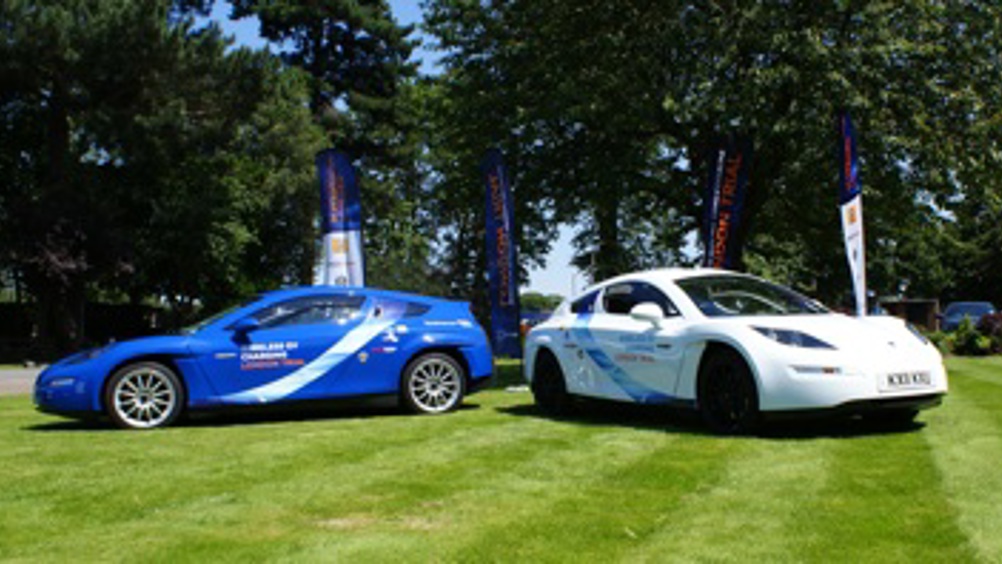Renault and Delta look set to take part in wireless EV trial
Renault and Delta Motorsport have announced their participation in London’s wireless electric vehicle charging (WEVC) trial.

The trial — due to start this autumn — will be centred around east London’s ‘Tech City’ and will see Qualcomm’s Halo technology initially fitted on up to 10 electric vehicles (EVs).
Trials will be carried out on specially adapted E4 coupés developed by Delta Motorsport and six Citroen C1s.
Delta, an automotive and motorsport engineering consultancy, said it had become involved in the project to learn more about the innovation and that it plans to fit the charging technology to two of the five cars in its E4 coupé fleet.
‘When we started work on the E4 coupé five years ago, we realised that it would be a great opportunity to demonstrate EV technologies and to understand some of the broader issues associated with EVs,’ said Delta’s technical director Nick Carpenter. ‘We believe Qualcomm has a fantastically innovative solution.’
A second round of trials involving French car manufacturer Renault will follow in 2013.
Register now to continue reading
Thanks for visiting The Engineer. You’ve now reached your monthly limit of news stories. Register for free to unlock unlimited access to all of our news coverage, as well as premium content including opinion, in-depth features and special reports.
Benefits of registering
-
In-depth insights and coverage of key emerging trends
-
Unrestricted access to special reports throughout the year
-
Daily technology news delivered straight to your inbox










Water Sector Talent Exodus Could Cripple The Sector
Maybe if things are essential for the running of a country and we want to pay a fair price we should be running these utilities on a not for profit...